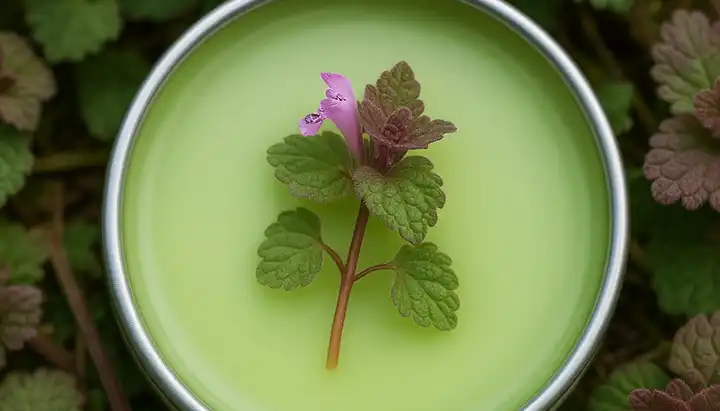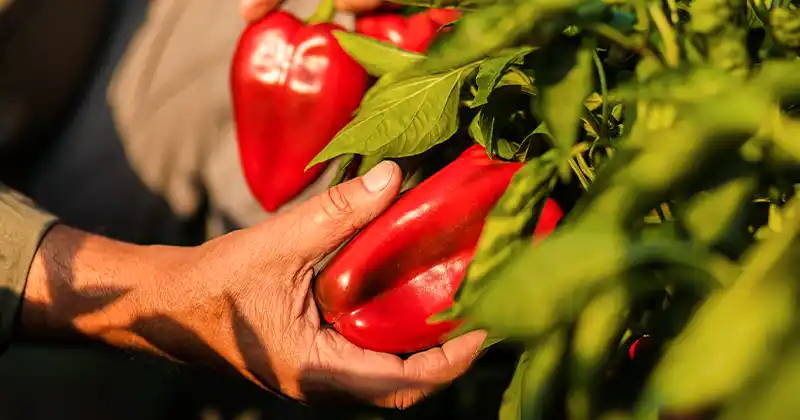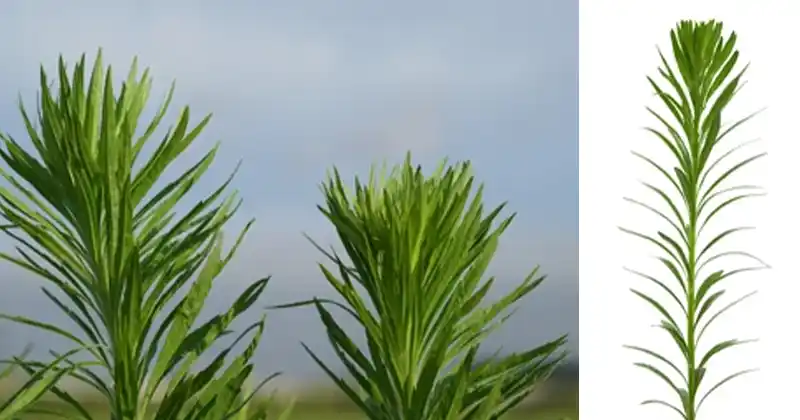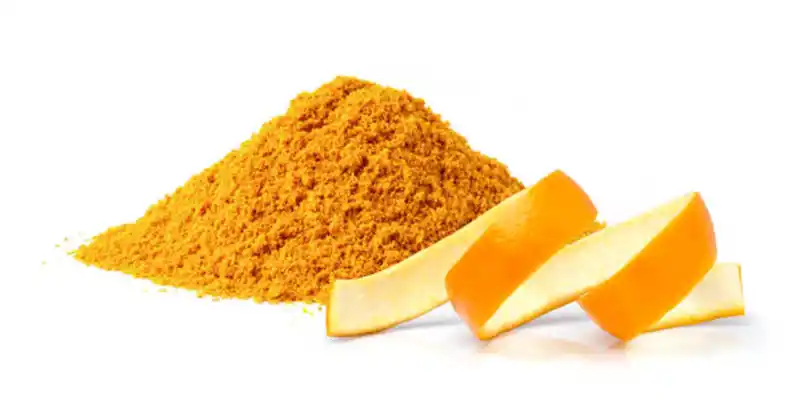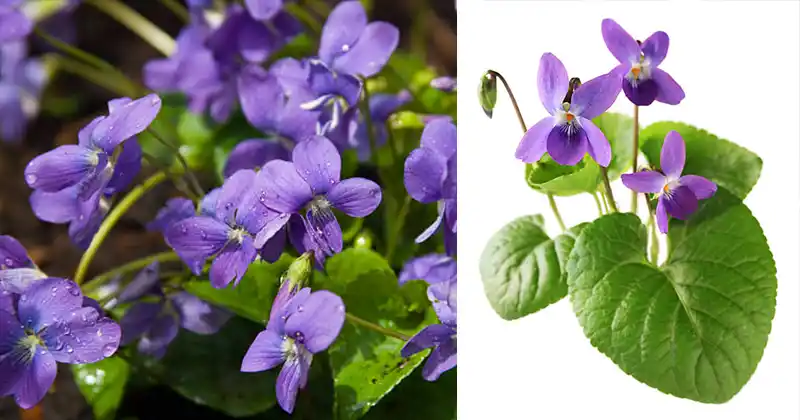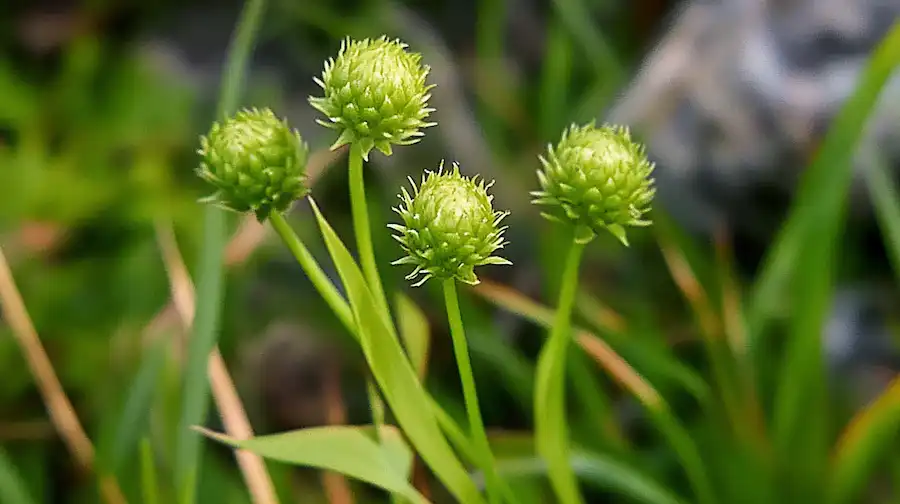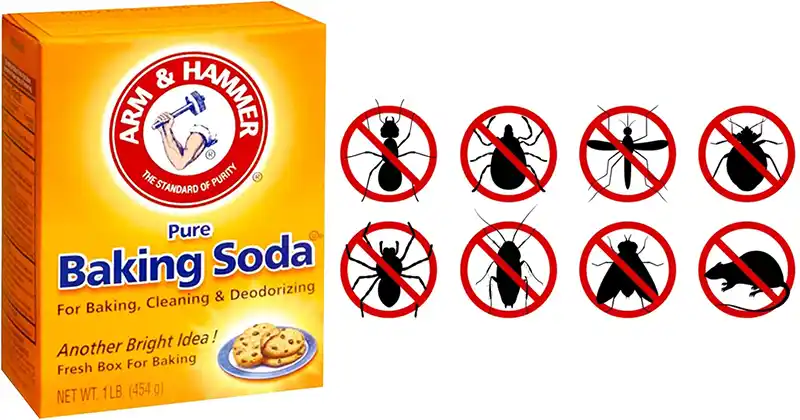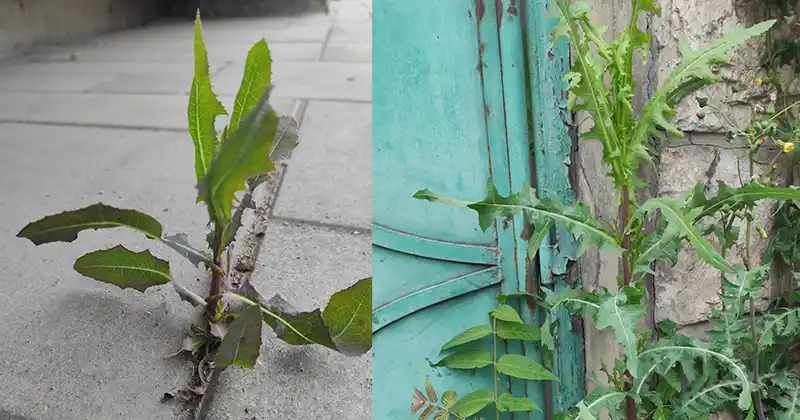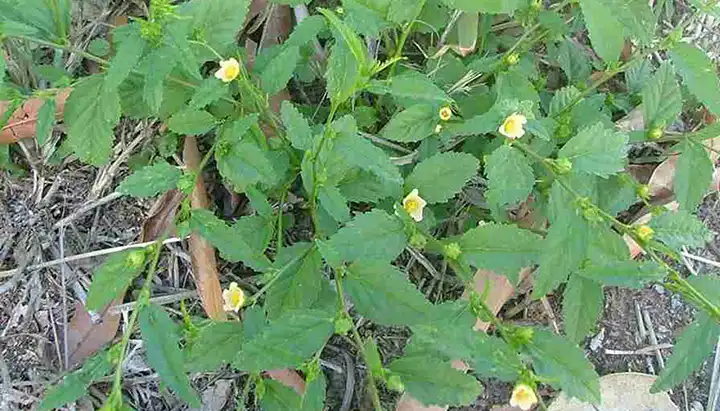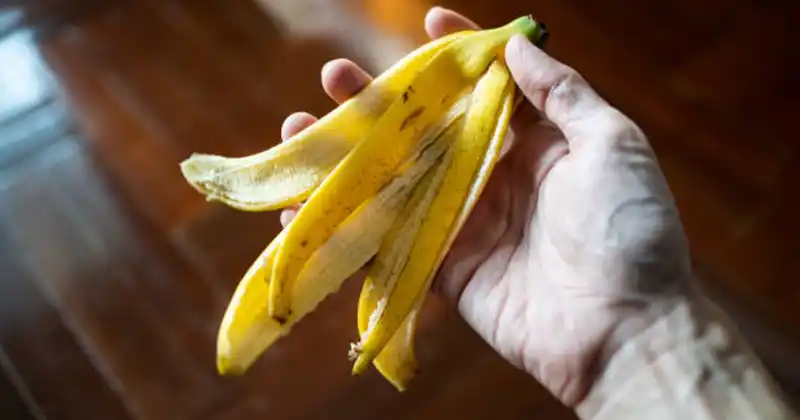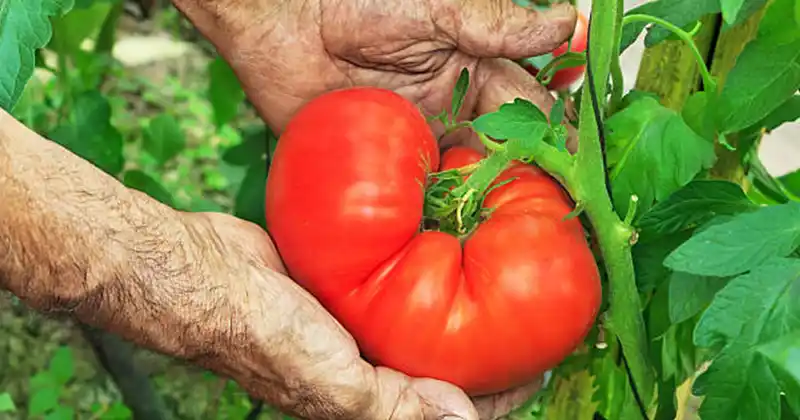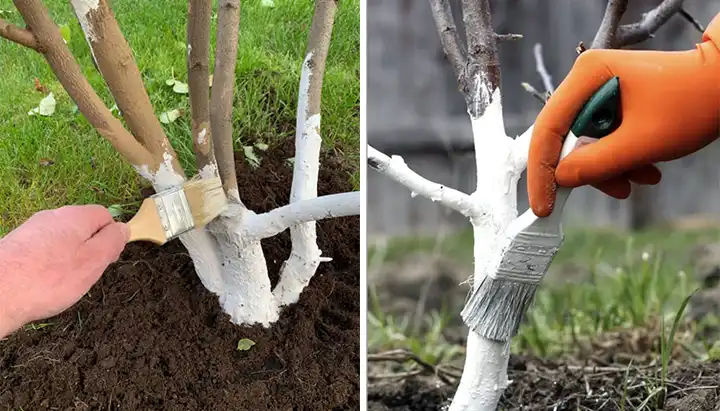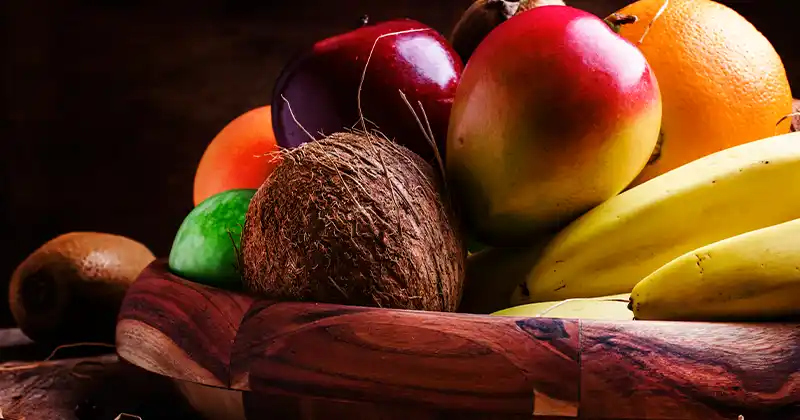The Essential Trio: Why Tomatoes, Peppers, and Cucumbers Thrive on Compost
In the realm of gardening, the adage “you are what you eat” extends beyond humans to the plants we nurture. This is especially true for a trio of popular garden vegetables: tomatoes, peppers, and cucumbers. These plants not only share a common need for sunlight and water but also an essential requirement for nutrient-rich compost. Understanding why compost is non-negotiable for these vegetables can transform your garden into a bountiful paradise.

The Nutritional Demand of Tomatoes, Peppers, and Cucumbers
Tomatoes, peppers, and cucumbers are heavy feeders, meaning they deplete nutrients from the soil at a faster rate than many other plants. Their rapid growth and high yield are contingent on the availability of essential nutrients, which compost generously provides. Compost enriches the soil with a balanced mix of nitrogen, phosphorus, and potassium, along with a myriad of micro-nutrients necessary for the health and productivity of these plants.
The Benefits of Compost
- Enhanced Soil Structure: Compost improves soil aeration and drainage while retaining moisture, creating an ideal root environment for tomatoes, peppers, and cucumbers.
- Nutrient Release: Unlike synthetic fertilizers that provide a quick but short-lived nutrient boost, compost releases nutrients slowly, ensuring a steady supply throughout the growing season.
- Disease Suppression: Healthy plants are more resilient to pests and diseases. The beneficial microorganisms in compost help suppress soil-borne diseases that can devastate these vegetables.
- pH Balance: Compost helps maintain a neutral soil pH, conducive to the absorption of essential nutrients by these plants.
Incorporating Compost into Your Garden
Pre-planting:
Before planting tomatoes, peppers, or cucumbers, incorporate a 4-6 inch layer of compost into the top 8-12 inches of soil. This creates a rich, fertile bed for seeds or seedlings to thrive in.
During the Growing Season:
As the plants grow, side-dress them with additional compost. Gently work a handful of compost into the soil around the base of each plant, being careful not to disturb the roots. This mid-season boost supports flowering and fruiting.
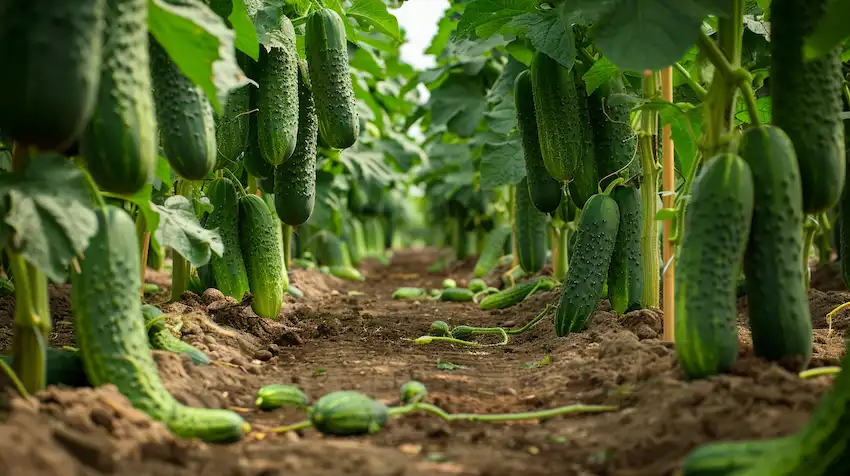
Compost: The Must-Have Companion
Never plant tomatoes, peppers, and cucumbers without first ensuring they have the companionship of quality compost. It’s the secret ingredient that supports their growth from fragile seedlings to robust, fruit-bearing plants. Moreover, composting is a sustainable practice that reduces kitchen and garden waste, closing the loop in a garden ecosystem.
For gardeners dreaming of juicy tomatoes, crisp peppers, and refreshing cucumbers, overlooking the importance of compost is a mistake too costly to make. By providing these plants with the nutrient-rich foundation they crave, you not only enhance their growth and yield but also contribute to a more sustainable and eco-friendly gardening practice. Remember, a spoonful of compost is worth a bushel of produce. Embrace composting, and watch your garden transform into a haven of abundance and health.
